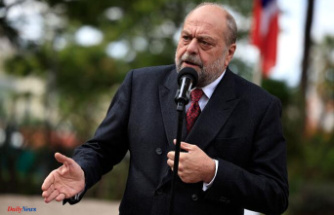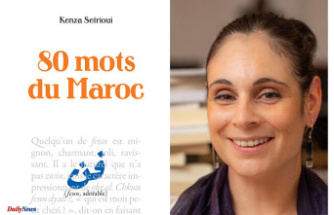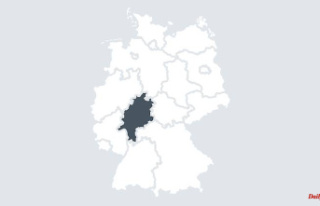The gas price brake is coming. However, the exact design is still being worked out. You can read here how high the relief could be according to the proposals of the expert commission.
The Federal Government's Gas and Heat Commission of Experts has commented on the design of the planned gas price brake for tenants and owners and has made initial proposals. Nothing is certain yet, but according to the proposal, gas customers should receive a special payment in the amount of a monthly gas bill this year. From next year, the state wants to subsidize the gas consumption of citizens by 80 percent from March or April. The price is to be reduced to 12 cents per kilowatt hour.
Gas customers should only be relieved to the extent that they pay at the same level as customers who heat with other substances. The price includes all fees. District heating customers should experience relief via a heat price brake. Similar to the gas price, there should be a guaranteed gross price of 9.5 cents per kilowatt hour of district heating, which in turn should apply to a basic quota of 80 percent of consumption.
Anyone who then reduces consumption also has the advantage of saving outside of this 80 percent quota. The aim of the proposals is to create incentives to save gas. After all, what's the point if, thanks to the measures, gas remains affordable but is not available in sufficient quantities?
The Commission has also proposed using past values as a guide "so that consumption is not strategically driven up". The one-time payment is to be determined on the basis of the consumption on which the advance payment in September was based. The suppliers should therefore waive the down payment for December for practically all household and commercial customers and have it reimbursed by the state. As usual, the property management must also determine the deductions and divide the grants. The gas customer himself would not have to do anything. A whole raft of detailed regulations will follow, for example to prevent abuse.
It is now up to the federal government to deal with the proposals "immediately and intensively".
According to calculations by the comparison portal Verivox, the gas price brake proposed by the Commission of Experts would reduce household costs by around 41 percent. Whoever heats a single-family house would save around 1700 euros.
Effects of the special payment
The basis for the calculation are the current market prices. At the beginning of October, the nationwide average gas costs for a single-family house with an annual consumption of 20,000 kWh were 4108 euros (20.54 cents/kWh). Twelve months ago the average costs were still 1402 euros. That means additional costs of 2706 euros and an increase of 193 percent. Based on the current market prices, the average down payment for a single-family house is currently around 342 euros. If the state pays an installment, the annual costs drop from 4108 euros to 3766 euros, which corresponds to a reduction of around 8 percent.
Effects of the gas price brake
A family with a gas consumption of 20,000 kilowatt hours would currently have to pay 4108 euros for gas without a price brake. If 80 percent of the basic consumption is capped at 12 cents per kWh, the gas bill drops to 2742 euros at the current market prices - this corresponds to a reduction of 1366 euros per year (33 percent). With a consumption of 18,000 kWh it would be 1230 euros, with 12,000 kWh 739 euros and with 5000 kWh 340 euros.
"The gas price brake can provide significant relief for households and dampen the heating cost explosion," says Thorsten Storck, energy expert at Verivox. "Nevertheless, households are facing a very expensive winter, because most of the relief will not take effect until next March."
(This article was first published on Monday, October 10, 2022.)












